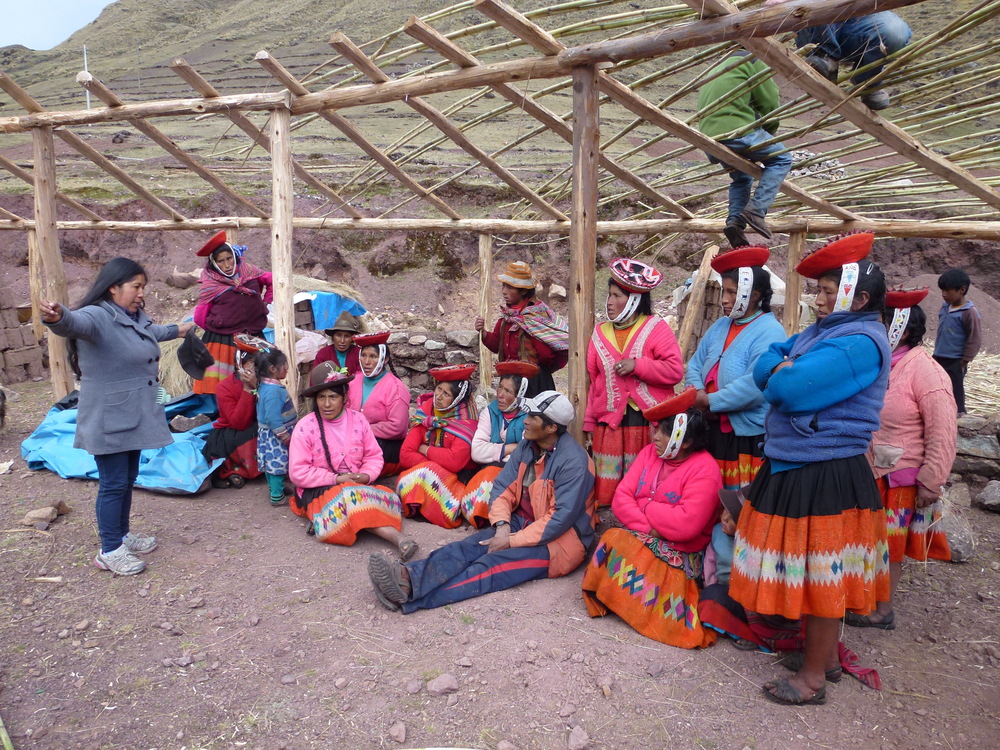My Master's in ‘Globalisation and Latin American Development’ consolidated my long-held desire to work in the non-profit sector, but it was at the Fairtrade Foundation where I first saw the positive impact that social businesses can have by trading with farmer-led cooperatives in developing countries. By putting ethical trade and social matters at the heart of their business models, the companies that I worked with at the Fairtrade Foundation were doing something really different and interesting business-wise, and moreover, were proving to be far more effective at empowering local communities than traditional 'hand-out' charity.
My first job in Latin America was as Operations Manager for a British charity that had set up a school for special needs children in Urubamba, a small Andean town near Cusco, Peru. That job (and that year) was a total roller-coaster, of which more anon. But it was an important experience for me in seeing how difficult it was to 'do good' with such huge constraints. It was incredibly frustrating working within the financial limitations of a 'hand-out charity'. (We provided a service to the community for free so had to fundraise/hustle/develop partnerships in order to cover our costs.) I remember writing an email home in which I talked about having to budget ahead for things like lightbulbs and washing up soap.
My move to Awamaki, where I was Operations Director for nearly three years, only highlighted to me the stark difference between traditional non-profits and social enterprises. Awamaki is a non-profit organisation, and a 501c3 US-registered charity that accepts much-needed donations. However, its overarching aim is to become financially sustainable through revenue-generating projects. We used business strategies to achieve our social aim. When I left that position in 2014, we had reached a point of covering more than 50% of our operating costs through income, and were fundraising for the rest. So, still a way to go, but definitely on track! The obvious advantage of generating income is that a) you can spend the money how you like without being accountable to donors or spending valuable time writing reports, and b) you can be more focussed in the fundraising that you continue to do. As part of Awamaki's Strategic Planning Committee, I'm excited to play an ongoing role in Awamaki's journey towards financial sustainability.

A meeting between Estela, one of the Awamaki seamstresses, and some of the women of the Patacancha weaving cooperative.
So, in sum, what I love about social enterprise and fair trade, is that both are examples of pragmatic idealism. You will usually find people working in both sectors who, like me, are vehemently opposed to 'the system', but who, like me, don't have the resources or temperament to go down an energy-draining route of 'fighting' that system. Don't get me wrong: we need those people in the world! But, different strokes for different folks: I'm not the campaigning, shout-it-loud sort of person. Social enterprise and fair trade are two examples of ways of working within 'the system' to make it better. One day I hope that we overturn the neoliberal patriarchy ;) but until that day comes, I prefer to spend my time working with organisations who are doing their bit, however small, to create alternatives to the system whilst working within a market-based economy.